Centers for Disease Control and Prevention
Summary
The Centers for Disease Control and Prevention (CDC) is issuing this Health Alert Network (HAN) Health Advisory to notify clinicians and caregivers about increases in respiratory syncytial virus (RSV) activity across some parts of the Southeastern United States in recent weeks, suggesting a continued shift toward seasonal RSV trends observed prior to the COVID-19 pandemic. Historically, such regional increases have predicted the beginning of RSV season nationally, with increased RSV activity spreading north and west over the following 2–3 months. RSV can cause severe disease in infants, young children, and older adults.
In anticipation of the onset of the 2023-2024 RSV season, CDC encourages clinicians to prepare to implement new RSV prevention options. Monoclonal antibody products, including a new, long-acting product, nirsevimab (BeyfortusTM, Sanofi and AstraZeneca), are available to protect infants and some young children at higher risk for severe RSV disease. For all infants ages <8 months, and infants and children ages 8–19 months who are at increased risk of severe RSV, clinicians should start to offer nirsevimab when it becomes available (expected by early October).
Also, two new vaccines are available to protect older adults from severe RSV disease. For adults ages 60 years and older, clinicians should offer a single dose of an RSV vaccine, either RSVPreF3 (Arexvy, GSK) or RSVpreF (AbrysvoTM, Pfizer), based on shared clinical decision-making between the healthcare provider and the patient. Clinicians should also talk to their patients about other vaccines available this fall to help prevent respiratory infections. Clinicians should consider testing symptomatic patients with high-risk conditions for COVID-19, influenza, and RSV to inform treatment decisions. Healthcare personnel, childcare providers, and staff at long-term care facilities should stay home and not go to work when they have fever or symptoms of respiratory infection to reduce the spread of respiratory infections including RSV.


 Mailing List
Mailing List